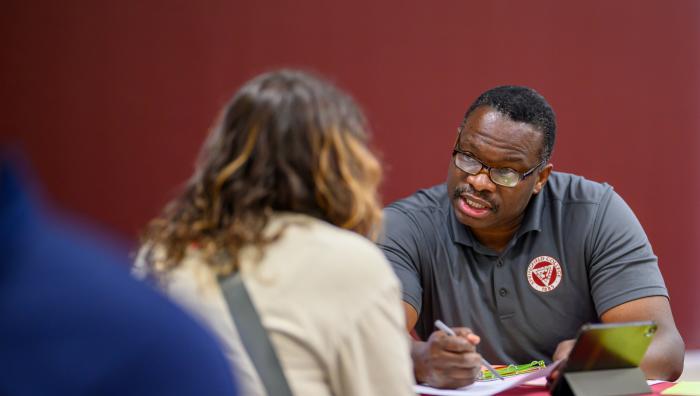History
Bachelor of Science
| About This Program | |
|---|---|
| Program Contact | |
|
Review our admissions requirements |
|
Curriculum and Delivery
|
|
|
Graduate Success and Careers
Top professional fields where alumni work:
|
|
| Paying for Your Education | |
| Would you like to Dual Major? | |
Interested in Law School?

|
|
|
Upcoming Events
Check back soon for upcoming events! |
|
| X |
Follow us on X |

Bring the Past to Life.
The History major at Springfield College offers undergraduates a broad, liberal arts education in a time-honored discipline. Our major provides students with the background necessary to understand the complex and rapidly changing world in which we live. The core of historical understanding allows individuals to be educated and informed citizens, ready to affect change and guide others along the way.
Executives and managers in the profit and non-profit fields value the problem-solving skills and critical thinking which historical training provides. In a time when media messages and commercial culture encourage young people to specialize for instant marketability and to seek overnight fortunes, history teaches students to consider long-term factors and perennial moral and ethical questions. Springfield College alumni from the history major recognize the faculty’s life-time impact on their careers and lives.
Experiential Learning in the History Major
Within our history major curriculum, students engage with history and develop their own digital collections.
View previous collections:



